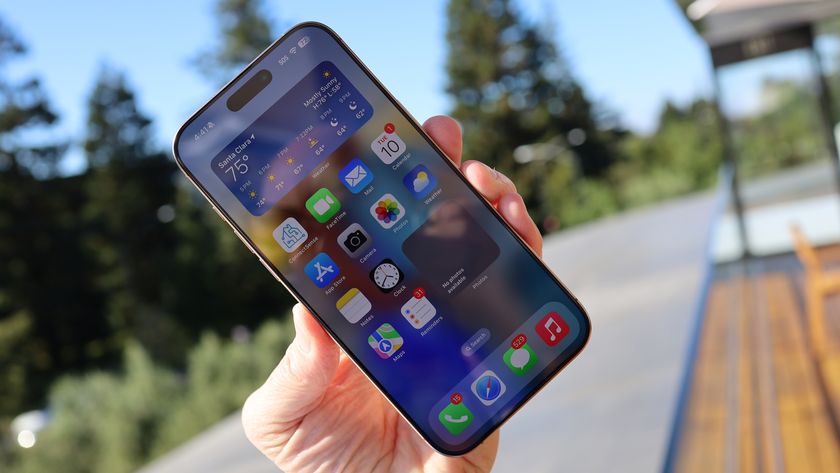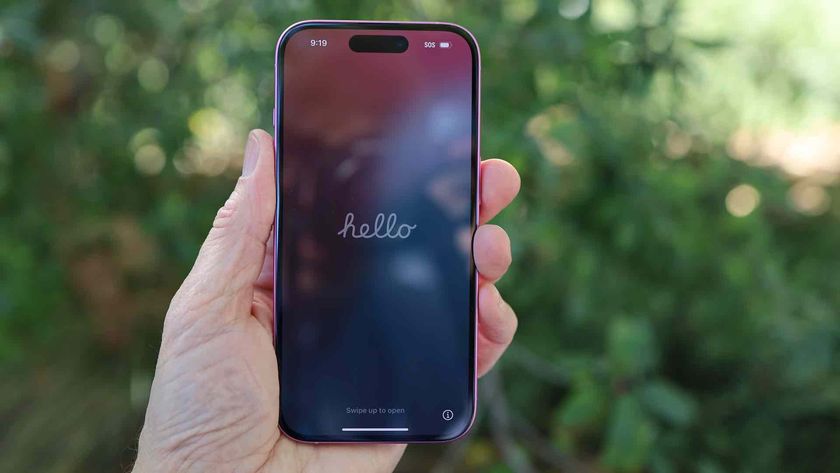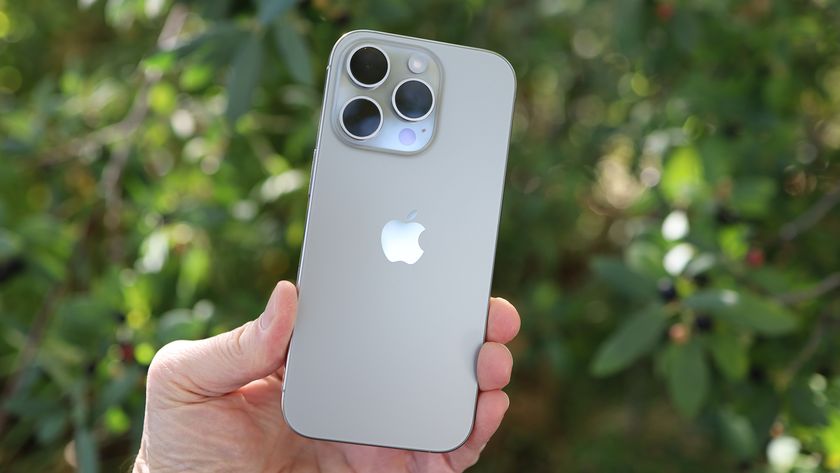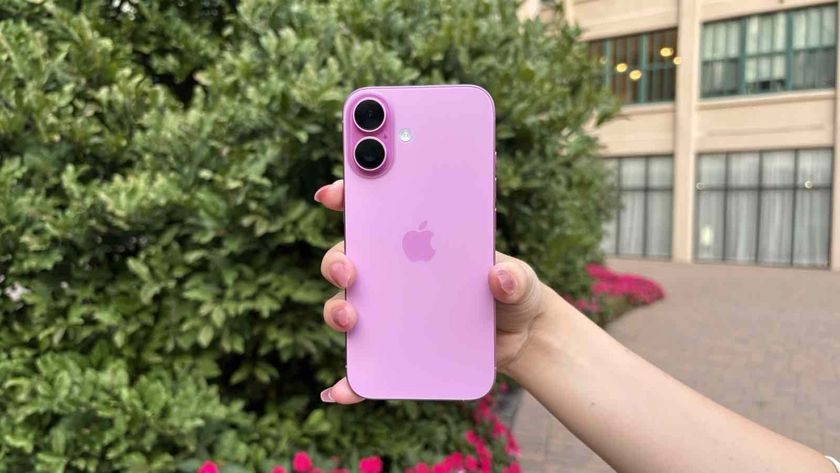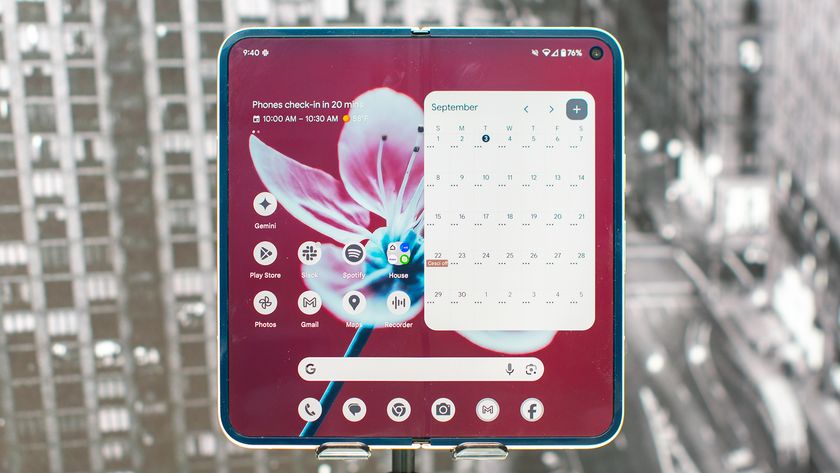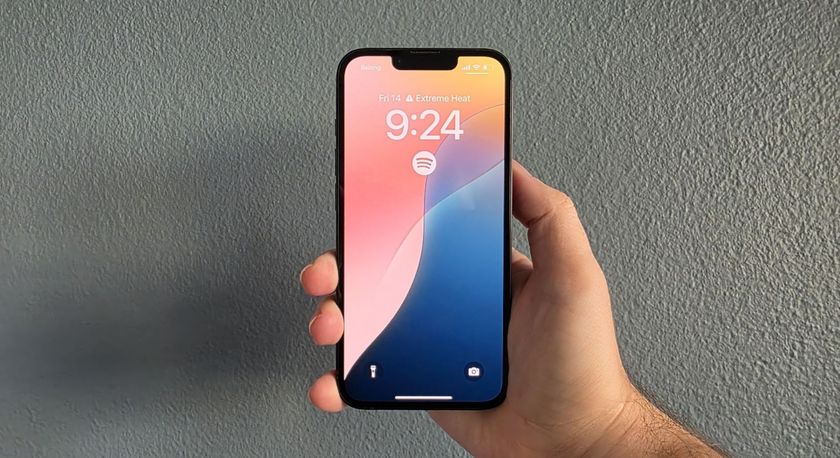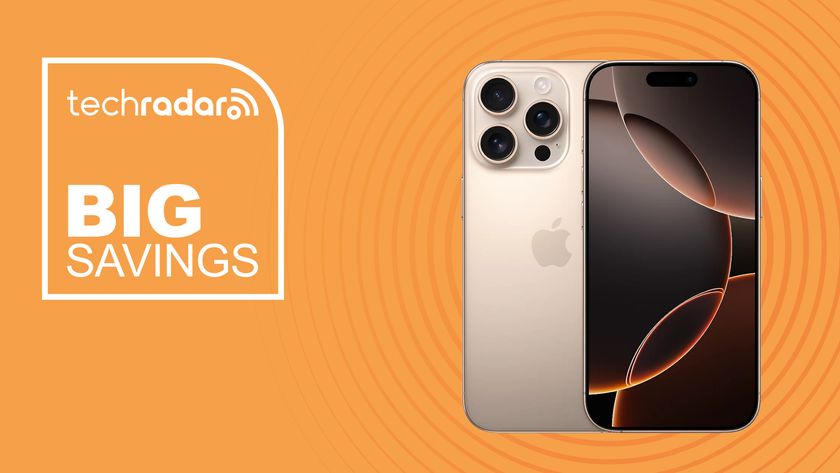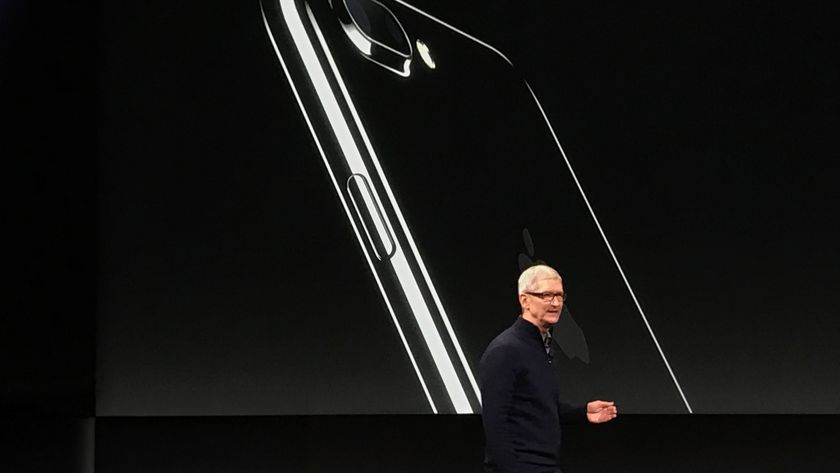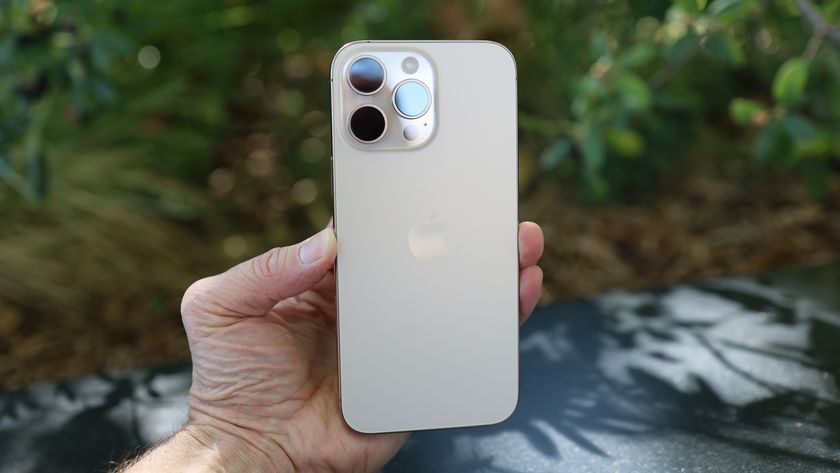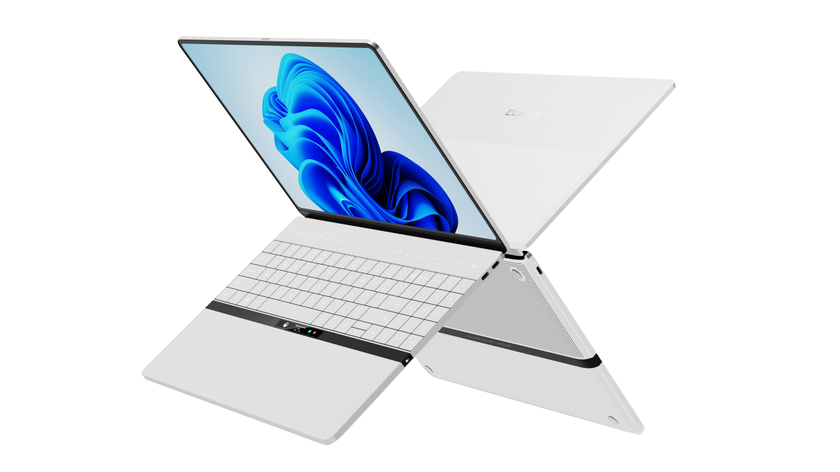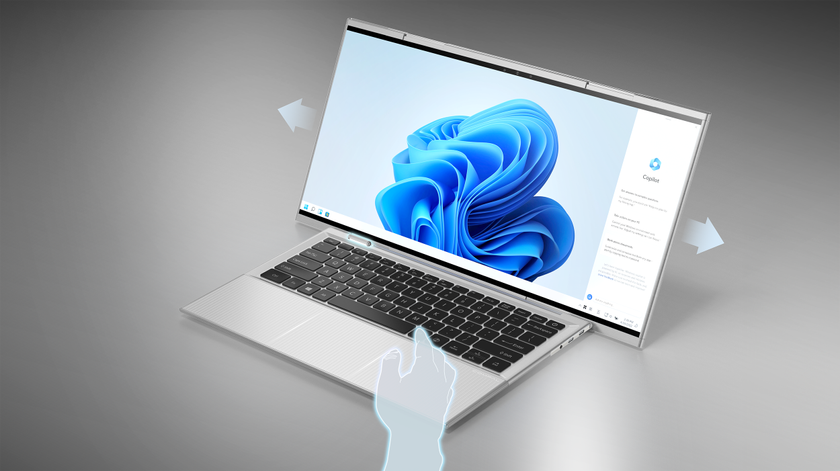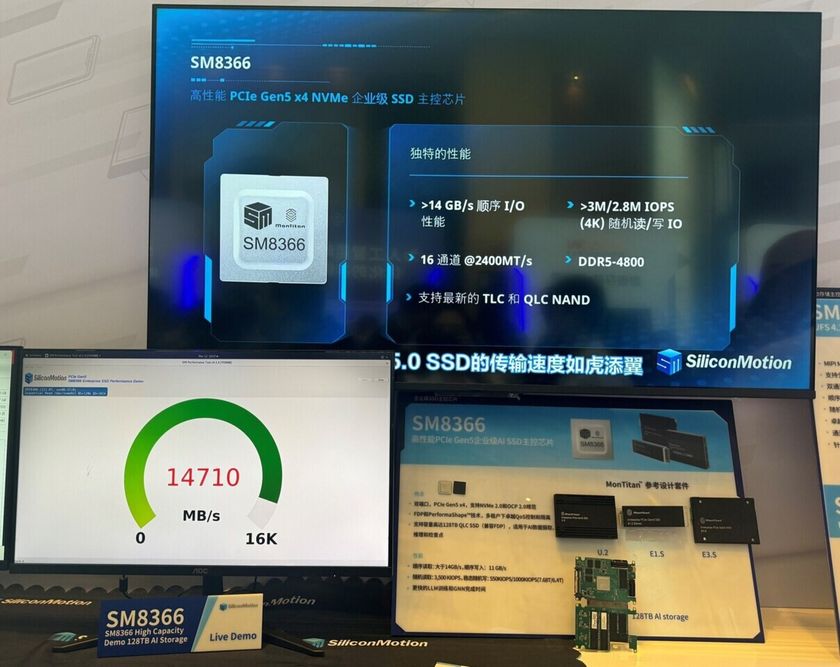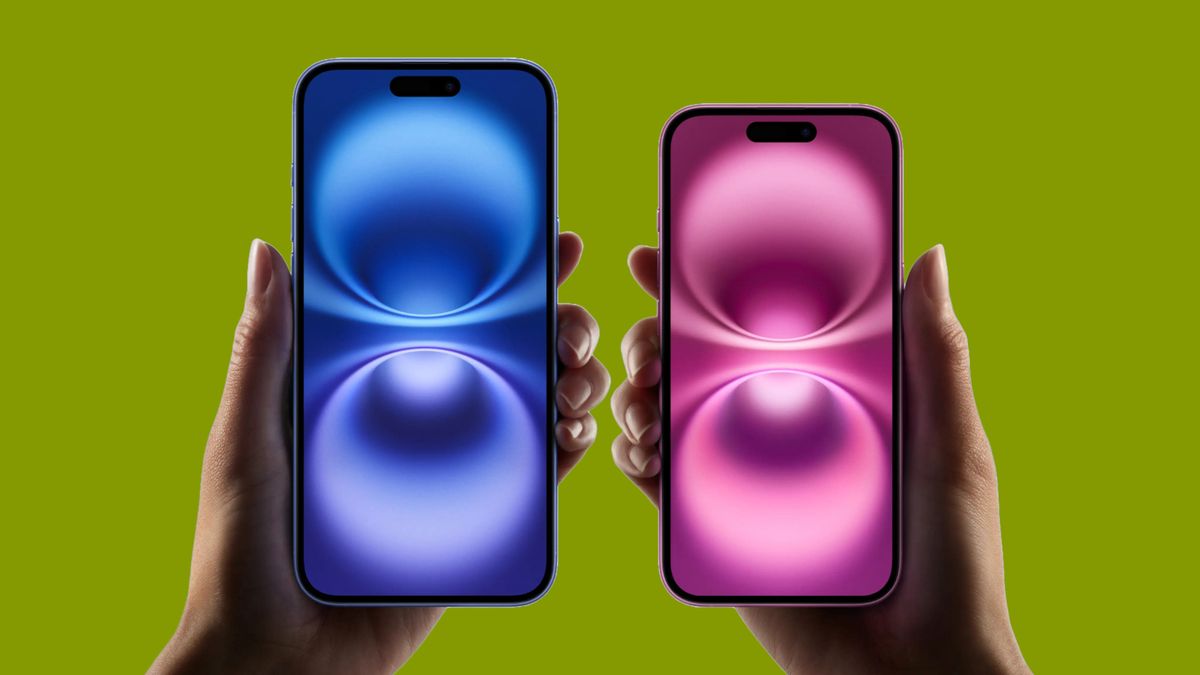
If you’ve been humming and hawing over whether or not to buy the iPhone 16, the latest intel from the iPhone 17 rumor mill suggests that waiting for next year’s model could be the best course of action.
According to Korean news site ET News (which cites “industry sources”), every model in the iPhone 17 lineup will come equipped with an LTPO screen. Why is this a big deal? Well, LTPO panels support variable refresh rates of up to 120Hz, meaning Apple’s 2025 standard models could finally ditch their predecessors' 60Hz refresh rates in favor of Apple’s ProMotion and always-on display technology (these features have been exclusive to Pro and Pro Max models since their introduction in the iPhone 13 Pro).
Indeed, this isn’t the first time we’ve heard this rumor. Another Korean news site, the Elec, also reported that the entire iPhone 17 line could get LTPO panels back in February, while more recently, well-known industry analyst Ross Young likewise claimed that the standard iPhone 17 will be getting a ProMotion display. By all accounts, then, this feature is a shoo-in for next year’s iPhone lineup – and we couldn’t be more relieved.
Apple’s continued commitment to 60Hz displays on its non-Pro iPhones has proved a major bugbear for both Apple fans and industry commentators. “I really hope this iPhone 15 rumor isn't true, you deserve better,” TechRadar’s former Senior Phones Editor, Alex Walker-Todd, wrote ahead of the iPhone 15 launch back in 2022, while our Managing Editor for Mobile Computing, Roland Moore-Coyler, echoed a similar sentiment in August 2023: “Please, Apple – don’t do this to the iPhone 15.” Both pieces referred to the lack of a 120Hz refresh rate on Apple's 2023 standard model.
The disappointment continued this year, too. Staff Writer Jamie Richards recently described the omission of a ProMotion display on the iPhone 16 as “another example of Apple’s worst habit.” He continued: “In the world of Android, 120Hz is the new normal for flagship and high-end phone displays, while budget options are commonly equipped with 120Hz or 90Hz displays. These days, 60Hz displays are the preserve of tablets and the cheapest budget phones. The iPhone 16 and iPhone 16 Plus are, by modern standards, complete oddballs.”
For those unfamiliar, refresh rate refers to the number of times per second your phone can display a new image. A 120Hz display feels smoother and more responsive than a 60Hz display, and the improved efficiency of the former brings battery life improvements. too.
Tactical gatekeeping
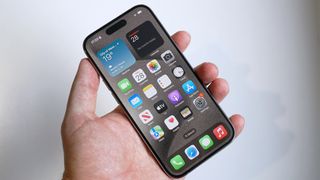
There is, of course, a big reason why Apple has continued to keep its standard models in the display-related dark ages. As a company, it makes business sense to equip your best iPhones with the best features, irrespective of whether those features are deemed the bare minimum by others in the industry. If you want an iPhone with a 120Hz refresh rate, Apple's more expensive Pro models are ready and waiting to be bought (indeed, the Pro Max models are regular best-sellers).
Get daily insight, inspiration and deals in your inbox
Sign up for breaking news, reviews, opinion, top tech deals, and more.
There’s an argument to be made, too, that 60Hz-using iPhone users don’t care all that much about the supposed benefits of a smoother display (though that sentiment likely stems from a lack of exposure to the other side).
In any case, it seems Apple’s position on this controversial subject has finally changed. Every iPhone 17 looks set to arrive with a 120Hz display, which you can bet your bottom dollar means that Apple has a plan in place to differentiate the iPhone 17 Pro and Pro Max in other ways. That’s right: expect more than an extra camera lens next year.
You might also like
- iOS 18.2 could land a week earlier than expected, and it'll include big Apple Intelligence updates
- iPhone 16 review: elevating the base to new heights
- Best iPhone: which Apple smartphone reigns supreme?

Axel is TechRadar's UK-based Phones Editor, reporting on everything from the latest Apple developments to newest AI breakthroughs as part of the site's Mobile Computing vertical. Having previously written for publications including Esquire and FourFourTwo, Axel is well-versed in the applications of technology beyond the desktop, and his coverage extends from general reporting and analysis to in-depth interviews and opinion. Axel studied for a degree in English Literature at the University of Warwick before joining TechRadar in 2020, where he then earned an NCTJ qualification as part of the company’s inaugural digital training scheme.
